The US Department of Housing and Urban Development reports that nearly 182,000 residents of California experience homelessness on any given night; that’s 28% of the nation’s entire homeless population.
California’s state government has initiated a wide variety of programs and extensive funding over recent years to help those living without homes in the Golden State. However, Governor Gavin Newsom’s latest proposition is being met with significant pushback from the state’s mental health professionals.
California’s Proposition 1

California’s Proposition 1, or Prop 1 as it’s more commonly called, “authorizes $6.38 billion in bonds to build mental health treatment facilities for those with mental health and substance use challenges; provides housing for the homeless.”
Democratic Governor Gavin Newsom proposed the legislation himself and believes wholeheartedly that it can and will help thousands of Californians in need.
The Pros of California’s Prop 1
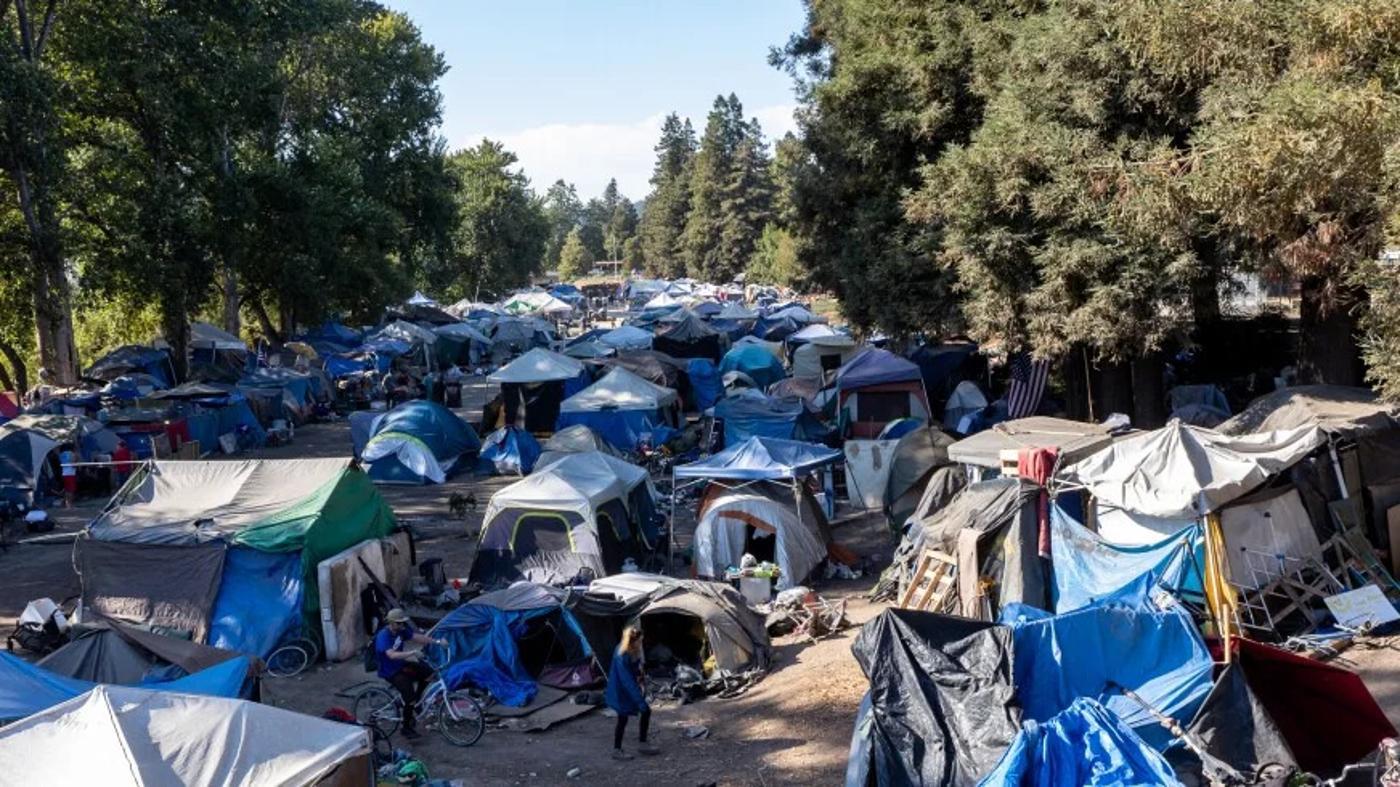
Those who support Newsom and Prop 1 argue that one of the main reasons why California is facing a humanitarian crisis of homelessness is because the state’s mental health system is broken.
Therefore, Prop 1 can solve the issue by addressing the source and ensuring tens of thousands of those with mental health issues experiencing homelessness get the help they need and deserve.
One-in-Three California Prisoners Has a Diagnosed Mental Illness
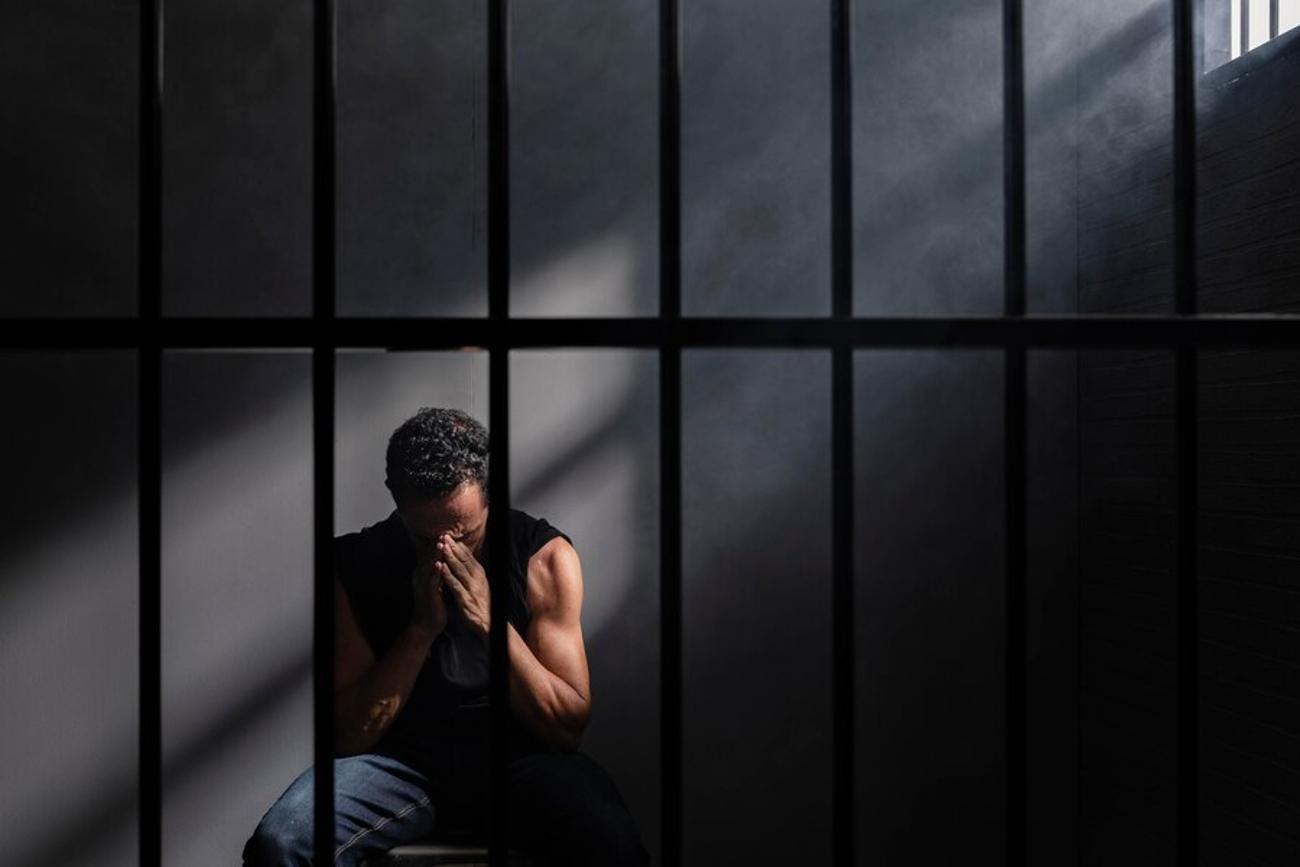
Additionally, Newsom and others in favor of the bill claim that it will expand community-based mental health and addiction services, create supportive housing, directly assist homeless veterans with PTSD, and provide treatment instead of incarceration.
One-in-three prisoners in California have a diagnosed mental illness, and more than $100,000 is spent on each of those prisoners every year. So, many say Prop 1 won’t only help keep the mentally ill out of prison, but it could also save the state money in incarceration costs in the long run.
Where Is the Money for Prop 1 Coming From?
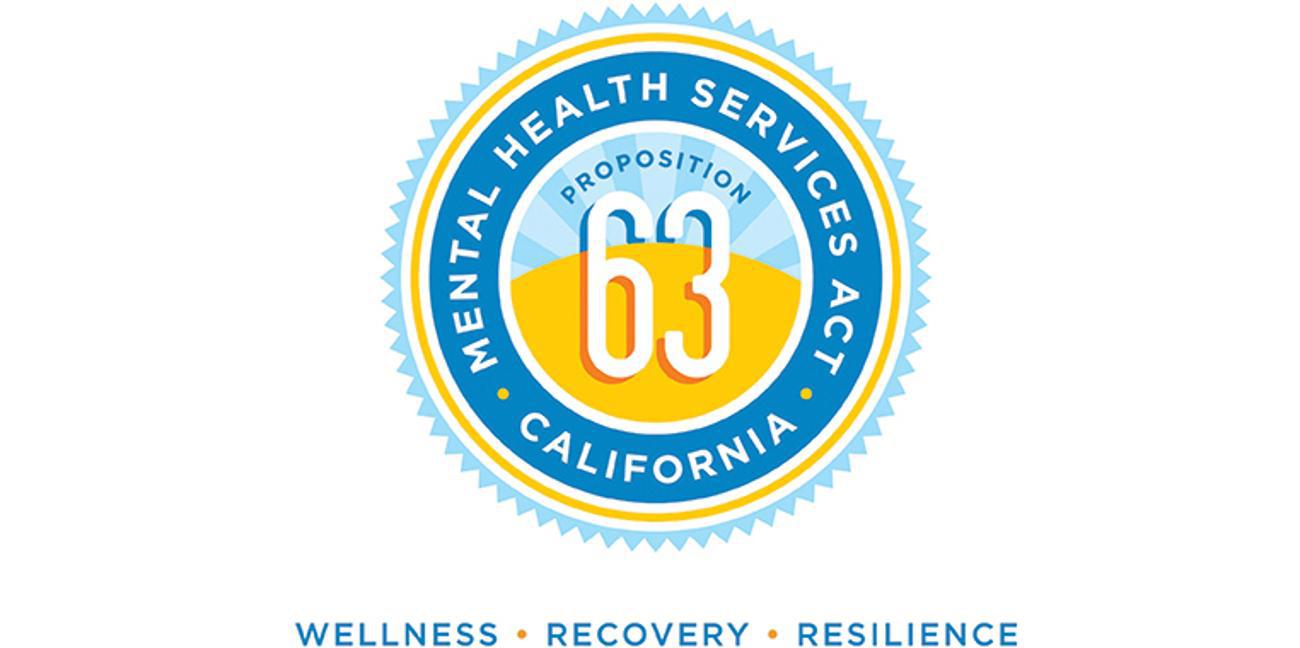
When considering these benefits, it may sound as though there are no downsides to Prop 1. However, it’s important to understand where this promised $6.38 billion is coming from.
Essentially, Prop 1 will make changes to the existing budget for the state’s Mental Health Services Act. For the fiscal year of 2023 to 2024, the state agreed to spend a whopping $10 billion on ensuring there are substantial services for all Californians, housed and unhoused. So, in theory, about 60% of that funding will be redirected to help only the homeless struggling with mental wellness issues.
Many Argue the MHSA Needs That Money

Those who are arguing against Prop 1 explain that reallocating 60% of the MHSA budget is extremely irresponsible and detrimental to the existing programs throughout the state.
Since the MHSA was passed in 2004, California has been able to offer a wide variety of mental health services to its residents. From early intervention to therapy, psychiatric training, prevention, and other forms of care, California has always been extremely proud of its extensive options for residents living with mental illness. Now, they argue, they will have to cut many of these programs.
Prop 1 Could Lead to Higher Numbers of Homeless Californians
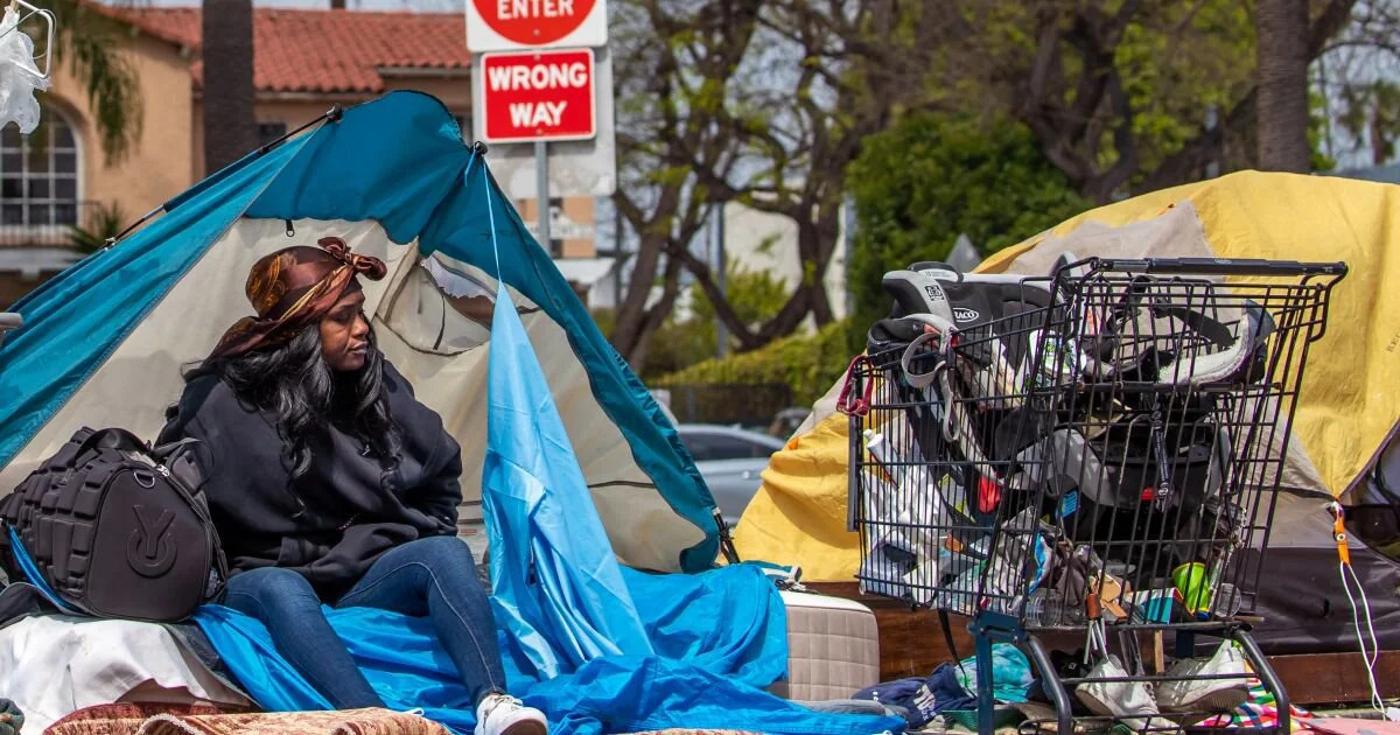
Some who are against the bill even argue that Prop 1 could lead to more homelessness in California, not less as Newsom has promised.
They say that tens of thousands of people are already involved in one of the state’s many programs, and if they are forced to cut them, housed residents with mental illness may find themselves living on the streets again.
Californians Worry Prop 1 Will Cost Them More Money

Since the vast majority of mental wellness professionals are arguing that reallocating money from the existing MHSA budget will be wildly detrimental to the system, some worry that the government will be forced to find money somewhere else.
In this case, the government would essentially borrow money through bonds. According to Howard Jarvis Taxpayers Association, “bonds are the most expensive and inefficient way to pay for a government program.”
Prop 1 Could Cost California Taxpayers $12.45 Billion
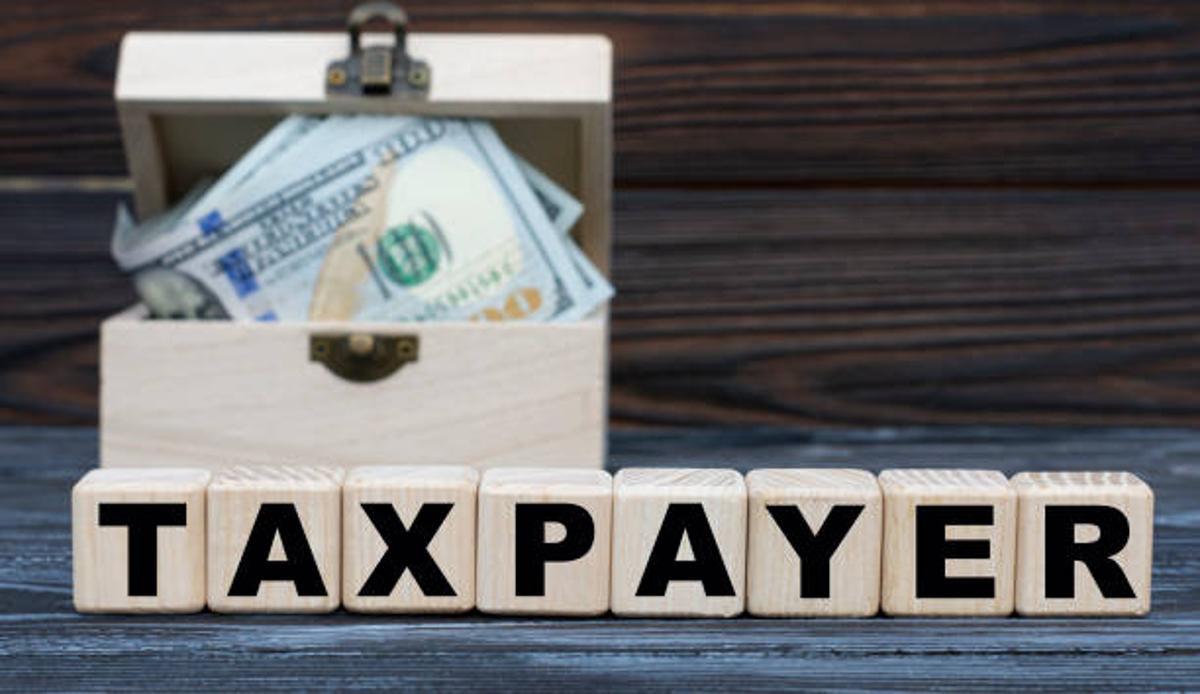
These naysayers argue that by borrowing through bonds, the interest over the next decade will eventually cause California taxpayers nearly $12.45 billion.
One statement said succinctly, “Governor Newsom’s Proposition 1 is a nightmare for taxpayers, cities and counties, and people with mental illness.”
Prop 1 Could Actually Be Dangerous for Those With Mental Illness

In addition to cutting back on useful services for thousands upon thousands of California residents with mental wellness issues, others say that Prop 1 could actually cause direct harm to many of the state’s homeless residents.
And that is because, “Two-thirds of the money is for time-limited and potentially ‘locked’ treatment beds,” where people experiencing homelessness will be forced into psychiatric treatments to receive shelter. A plan which almost every mental health professional argues is wildly dangerous.
Coercing People Into Treatment Never Works
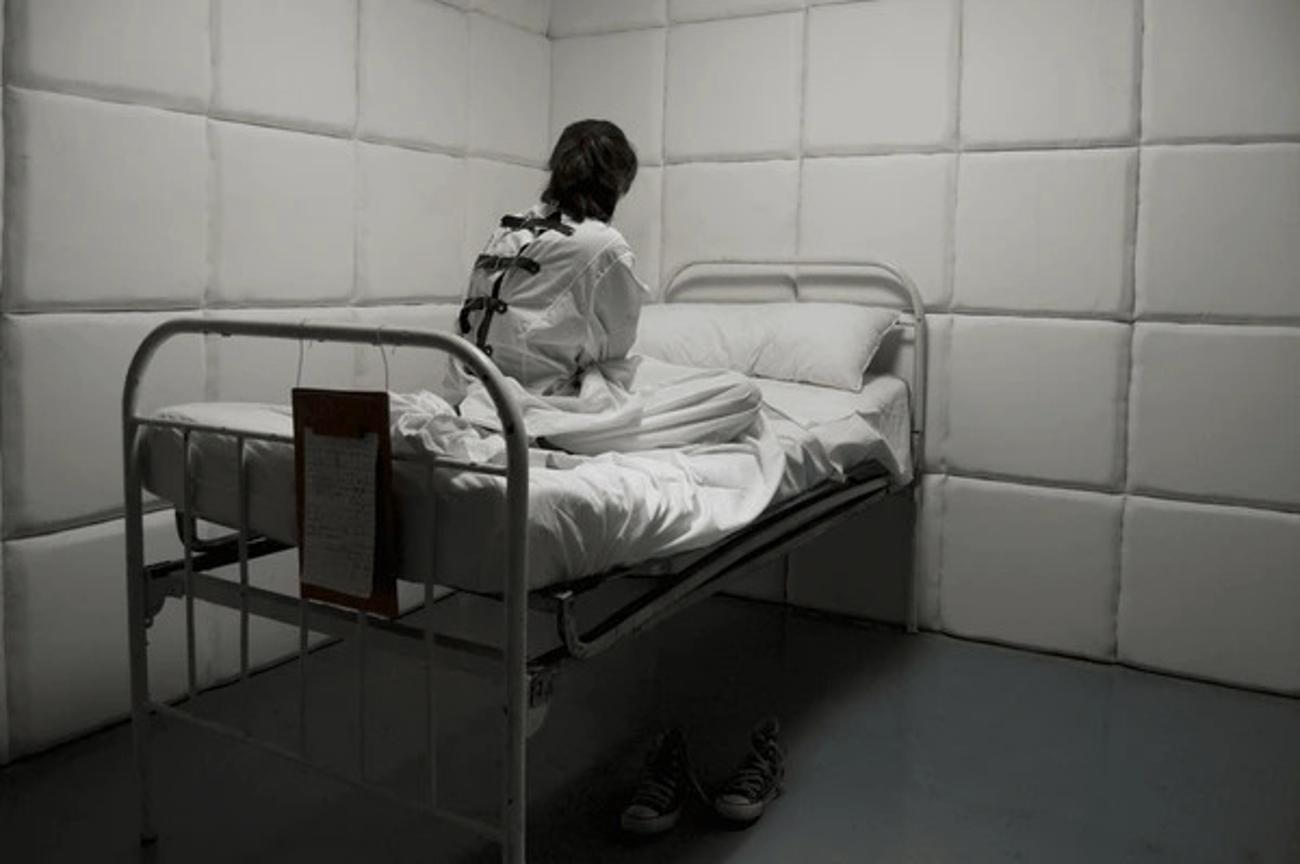
Shaya French, an organizer with the San Francisco Senior & Disability Action, told ABC7, “My concern is that it means locking people up or coercing them into staying. Treatment doesn’t work if people are not ready for it.”
French continued, “Treatment doesn’t work if people are not ready for it. If people don’t want to get sober they are not going to get sober. It’s a really bad experience being having your freedom taken away.”
California’s System Needs Improvement, But Not Like This
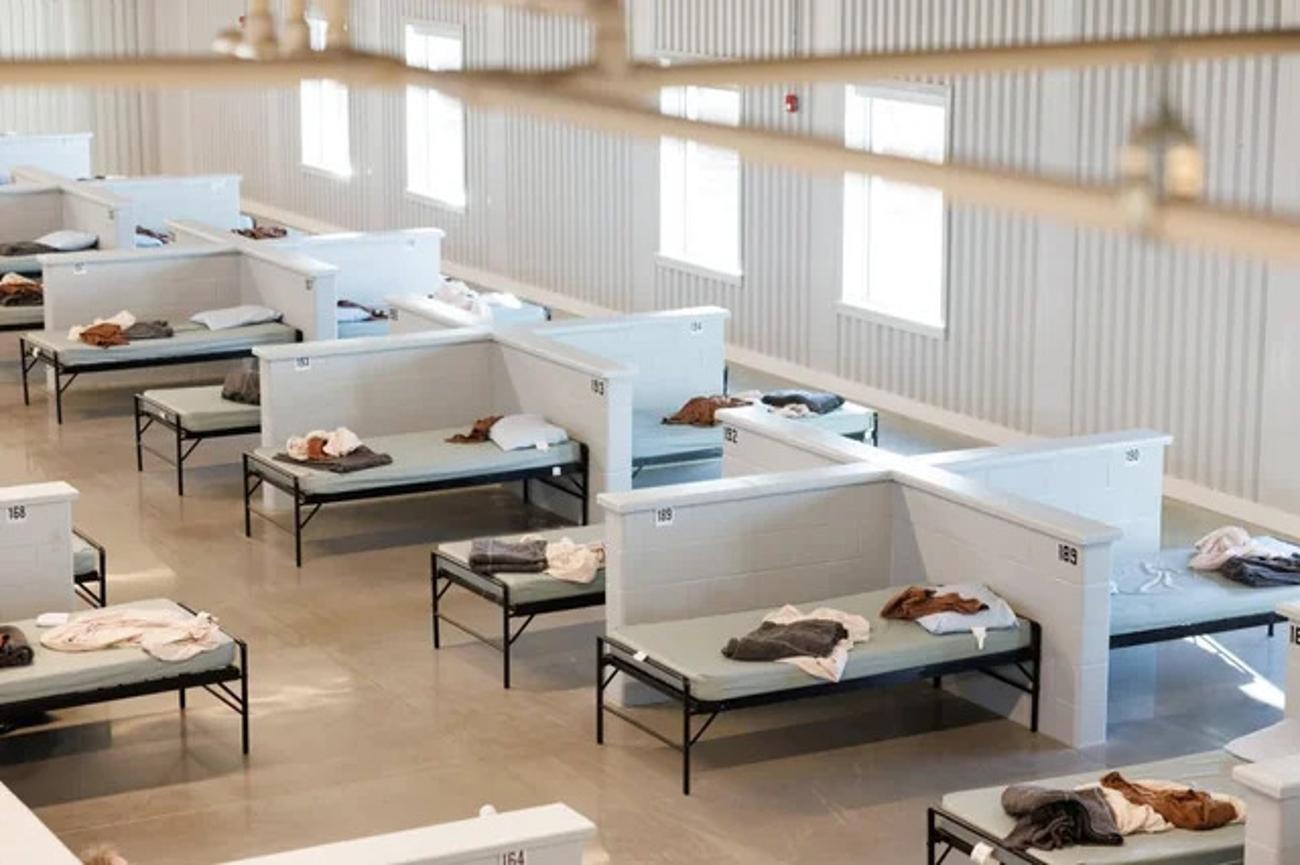
It’s important to understand that mental health advocates in California are not arguing that the state needs to improve and increase its existing facilities for those with mental illness, just not this way.
Lee Ohanian, a senior fellow at the Hoover Institution, explained, “The state needs to significantly increase treatment facilities for those with mental illness and drug addiction. But Proposition 1 is not the way to do it.”
